Support from readers like you keeps The Journal open.
You are visiting us because we have something you value. Independent, unbiased news that tells the truth. Advertising revenue goes some way to support our mission, but this year it has not been enough.
If you've seen value in our reporting, please contribute what you can, so we can continue to produce accurate and meaningful journalism. For everyone who needs it.
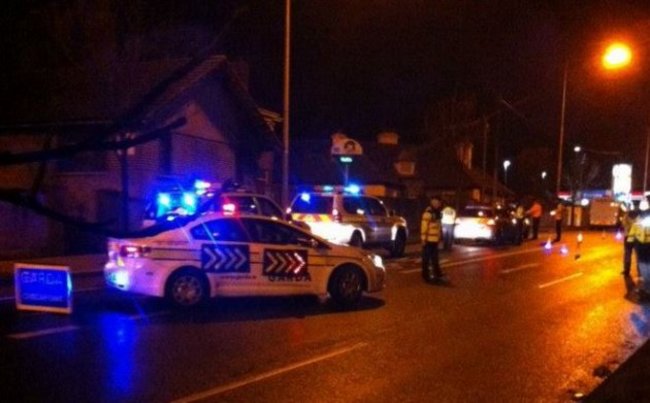
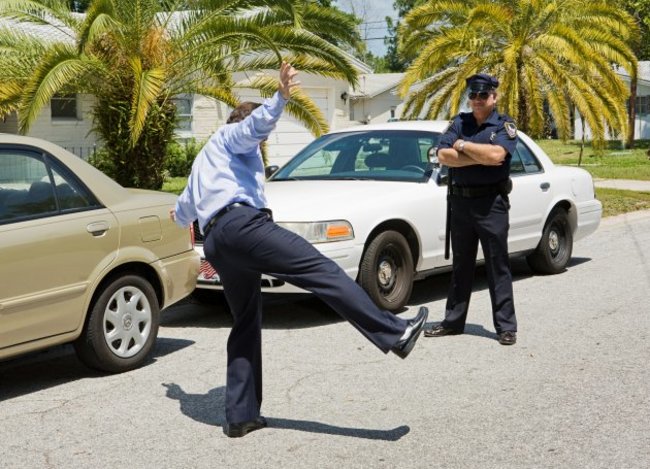
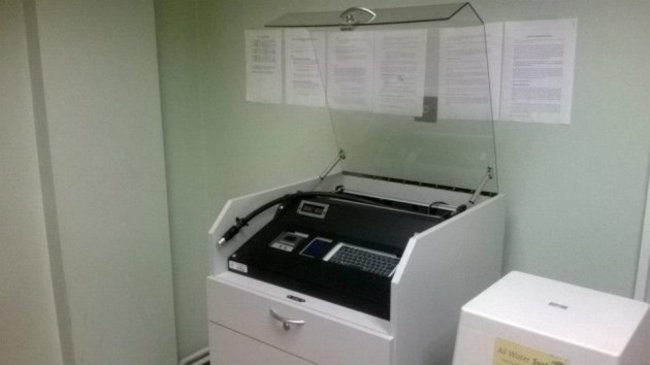
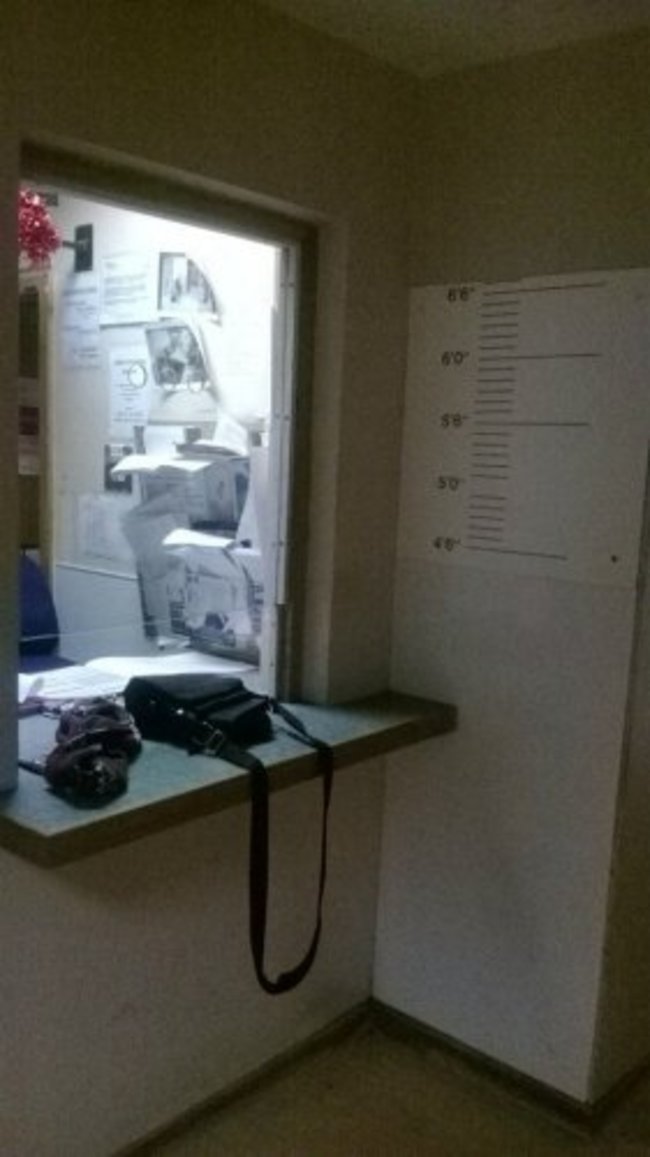
 In addition to the above, drivers who don't accept the fixed penalty notice, go to court and lose their appeal can have their driving bans doubled. Those who test above 100mg face an automatic court appearance and a ban of 12 months. The maximum penalty is a fine of up to of €5,000 and/or six months in prison. [Image: National Documentation Centre on Drug Use]
In addition to the above, drivers who don't accept the fixed penalty notice, go to court and lose their appeal can have their driving bans doubled. Those who test above 100mg face an automatic court appearance and a ban of 12 months. The maximum penalty is a fine of up to of €5,000 and/or six months in prison. [Image: National Documentation Centre on Drug Use]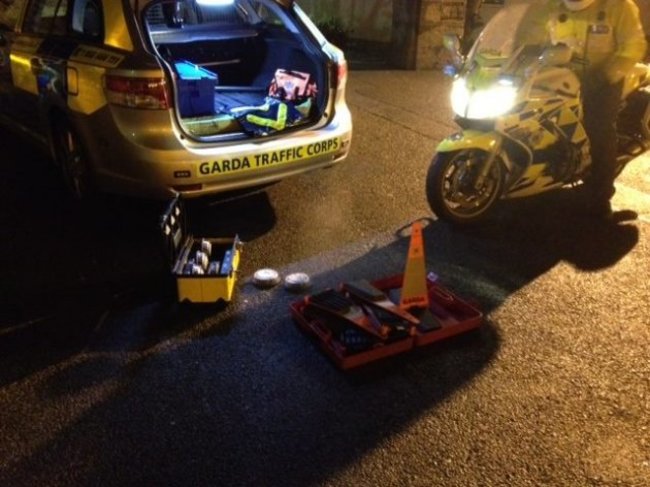
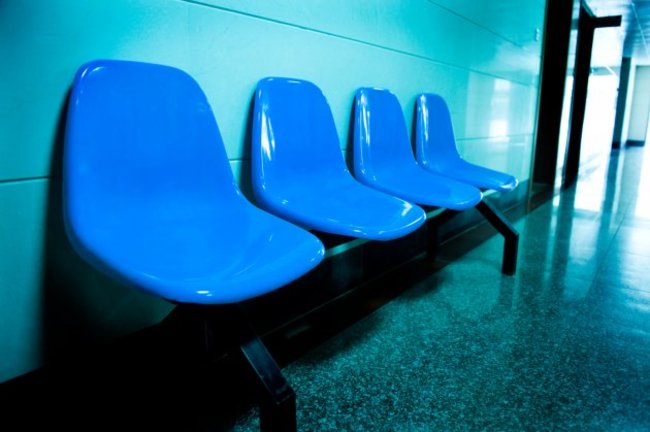

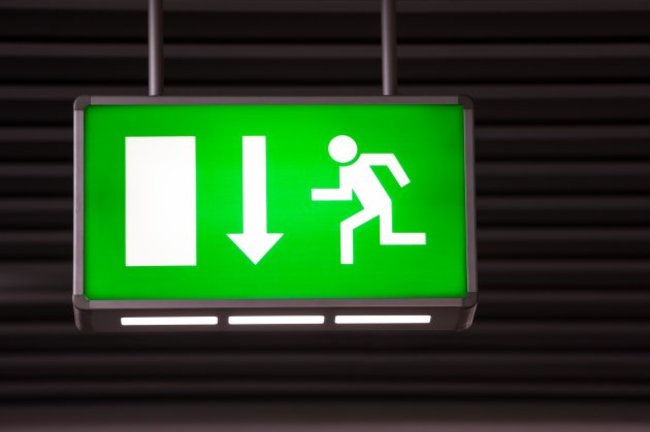












have your say